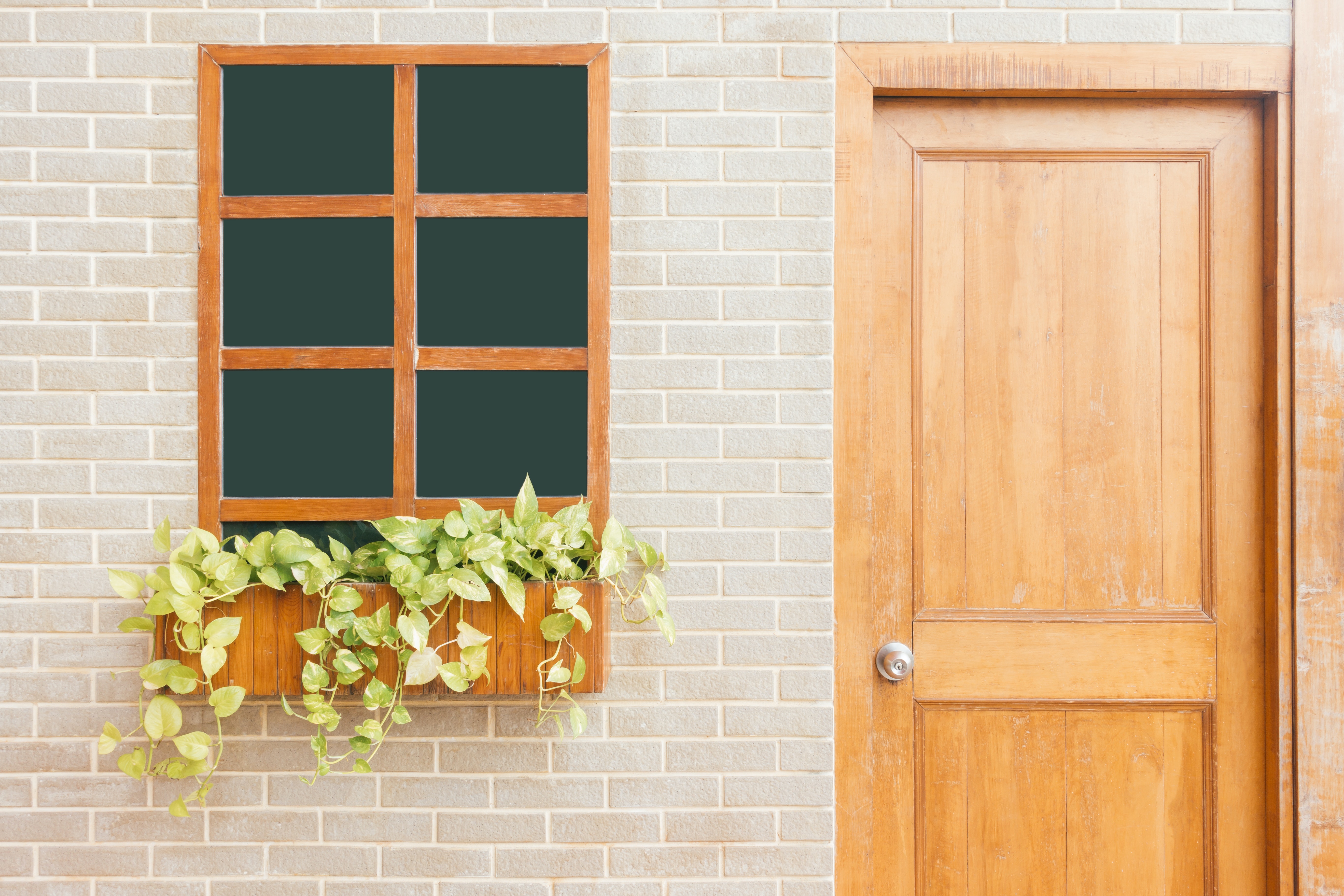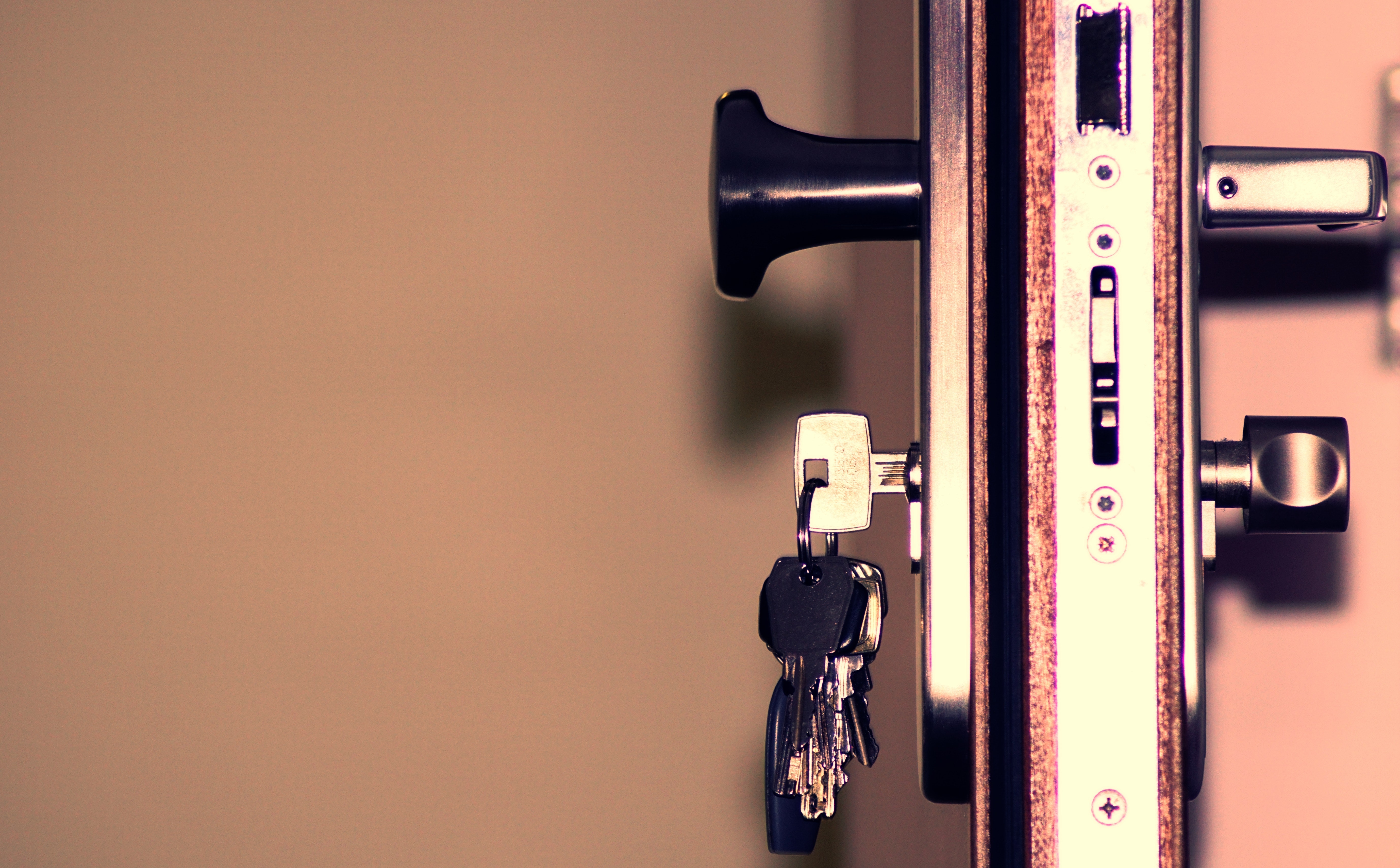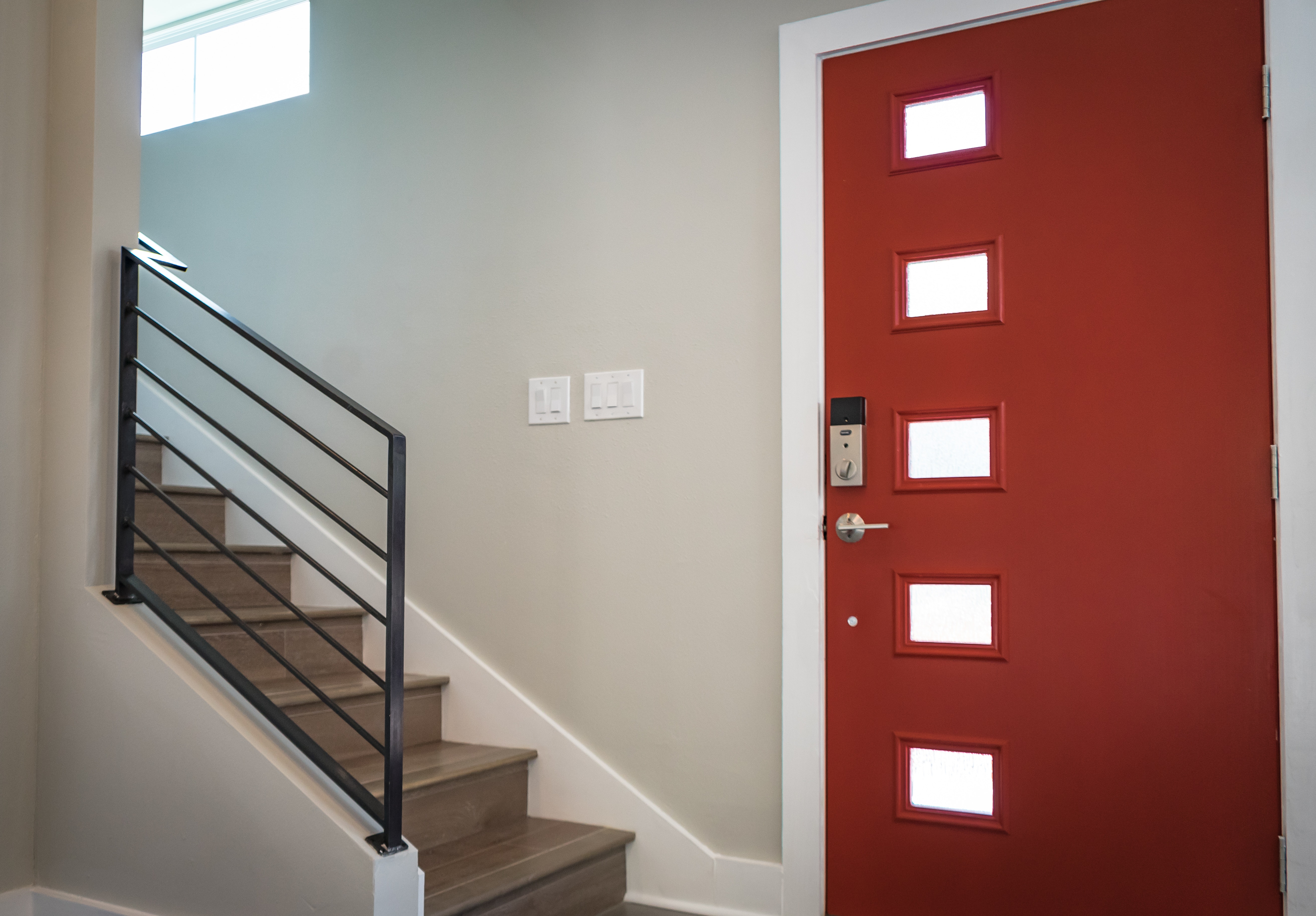What’s The Most Secure Front Door Material?
Your front door plays a crucial role in your home's security and overall appeal. When it comes to choosing the best front door material, there are various options available in the market, each with its own set of advantages and disadvantages. But when there are so many options available, how do you choose the best material for your front door.
Understanding the importance of front door security
Before diving into the details, let's discuss why front door security is of paramount importance. Your front door acts as the primary entry point to your home, and it's essential to ensure it provides adequate protection against potential intruders.
A secure front door not only safeguards you, your family and your belongings but a quality, durable front door also enhances your peace of mind. That’s why it’s always a good idea to invest in the best material for your front door to maximise the security of your home.

Exploring different front door materials
Now that we’ve discussed why it’s so important to invest in a sturdy, secure front door, it’s time to explore the best front door material. From wood to composite, the options are endless - but which one is right for you?
Wood
Traditional and timeless, wood has been a popular choice for front doors for centuries. It offers a classic, elegant look that can enhance the curb appeal of any home. However, when it comes to security, wood may not be the best material for front doors. Although solid wood doors are sturdy, they can be vulnerable to warping, cracking, and forced entry.
Steel
If security is your primary concern, steel is considered one of the best front door materials. Steel doors are incredibly strong and provide exceptional resistance to forced entry. They are typically made with a steel skin surrounding an insulated core, making them energy-efficient as well. However, steel doors can be susceptible to dents and scratches, which may require periodic maintenance.
uPVC
uPVC, or unplasticized polyvinyl chloride, is a commonly used material for doors and windows due to its durability, low maintenance requirements, and energy efficiency. uPVC doors can offer decent security with multi-point locking systems and reinforced frames, but they may not provide the same level of resistance against forced entry as stronger materials.
Composite
Composite doors have gained popularity in recent years due to their durability, versatility, and low maintenance requirements. These doors are constructed with a combination of materials that can mimic the look of real wood grain. Composite doors offer excellent resistance to wear and tear, extreme weather conditions, and forced entry attempts. They are also energy-efficient and provide good insulation.
Determining the best front door material for your home
When it comes to the best material for front doors in terms of both security and aesthetics, composite front doors take the lead.
A composite door is typically constructed with a combination of materials such as uPVC, wood, insulating foam, and glass-reinforced plastic (GRP). This unique composition creates a door that offers the benefits of multiple materials while minimising their drawbacks.
One of the key reasons why composite front doors excel in terms of security is their strength and durability. The combination of materials used in their construction results in a door that is highly resistant to forced entry. The inner core of insulating foam provides excellent structural integrity, while the outer layers of uPVC and GRP make the door highly impact-resistant. This makes it significantly harder for intruders to break through a composite door compared to other materials like wood or uPVC.
Composite doors also often come with advanced locking mechanisms and reinforced frames, further enhancing their security. Multi-point locking systems, which engage multiple points along the frame when the door is locked, offer superior resistance against break-ins. These doors also feature robust hinges and high-quality handles that are designed to withstand tampering attempts. All these elements work together to create a formidable barrier, providing homeowners with peace of mind and added security for their properties.

Other factors to consider
Whilst it’s important to note that steel is most likely the best front door material for security and safety, the strength of the actual door itself is not the only thing to consider when investing in a new front door.
Proper installation, high-quality locks, and additional security features such as deadbolts, reinforced frames, and security cameras all play crucial roles in enhancing the security of your front door, which is why composite front doors are such an all-around crowd-pleaser.
Composite doors also look great, and you can have them customised to look like realistic wood grain, as well as any specific colour to match your home’s aesthetic.

Composite doors: The best material for your front door
By investing in a high-quality composite or uPVC front door, combined with other security measures, you can ensure your home remains a safe haven. Remember, a secure front door not only protects your property but also offers you peace of mind, allowing you to enjoy your home to the fullest.
At Flying Doors, you can rely on our highly durable composite and uPVC doors to keep your home secure, safe, and looking great for you and your family. We offer guaranteed delivery via our private couriers, plus a 10-year guarantee, so you can purchase your new composite or uPVC doors with peace of mind.
Browse our range of composite front doors, uPVC single, French, and bifold doors, or windows, and contact us on 01246 914 914 to get a quote today.